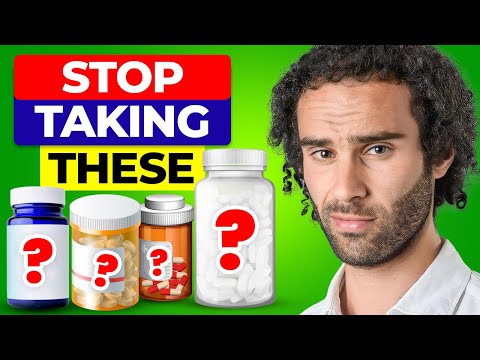There are occasional reports of liver damage from ashwagandha, and turmeric and green tea, too. But the reports are rare. We had discussion about turmeric and liver damage here in the past.
According to a report, ashwagandha is now the fifth most popular supplement. And on a global scale that suggests that millions of people are taking it daily.
There was a literature review published earlier this year titled, Effects of Withania somnifera (Ashwagandha) on Hematological and Biochemical Markers, Hormonal Behavior, and Oxidant Response in Healthy Adults: A Systematic Review. (*)
A couple excerpts:
“This is the first systematic to assess the potential health benefits of Ws supplementation in adults without chronic conditions. The evidence presented in this systematic review showed that Ws supplementation is safe. Given improvements in certain biomarkers, it may also benefit healthy individuals. Although Ws may act as an adaptogen to counterbalance and adjust some physiological markers outside the normal range, e.g., hematological and hormonal, it may exert a more potent anti-inflammatory and antioxidant effect, even in low inflammatory and oxidant status, that could further be utilized to prevent chronic inflammatory conditions.”
“Supplementation doses administered in interventions ranged from 240 mg to 1,250 mg from 2 weeks to 6 months without reports of any serious adverse events. We were not able to identify a clear duration pattern to ensure that long-term supplementation affects outcomes differently. Moreover, researchers reported no substantial changes in ALP, ALT, and AST levels, markers frequently used to assess drug-induced liver toxicity.”
Other published reviews have commented that ashwagandha is generally hepatoprotective:
From a review titled, Pharmacological evaluation of Ashwagandha highlighting its healthcare claims, safety, and toxicity aspects:
" W. somnifera has demonstrated various biological actions such as anti-cancer, anti-inflammatory, anti-diabetic, anti-microbial, anti-arthritic, anti-stress/adaptogenic, neuro-protective, cardio-protective, hepato-protective, immunomodulatory properties." (**)
References:
(*) Gómez Afonso A, Fernandez-Lazaro D, Adams DP, Monserdà-Vilaró A, Fernandez-Lazaro CI. Effects of Withania somnifera (Ashwagandha) on Hematological and Biochemical Markers, Hormonal Behavior, and Oxidant Response in Healthy Adults: A Systematic Review. Curr Nutr Rep. 2023 Sep;12(3):465-477. doi: 10.1007/s13668-023-00481-0. Epub 2023 Jul 10. PMID: 37428341; PMCID: PMC10444651.
(**) Mandlik Ingawale DS, Namdeo AG. Pharmacological evaluation of Ashwagandha highlighting its healthcare claims, safety, and toxicity aspects. J Diet Suppl. 2021;18(2):183-226. doi: 10.1080/19390211.2020.1741484. Epub 2020 Apr 3. PMID: 32242751.
